

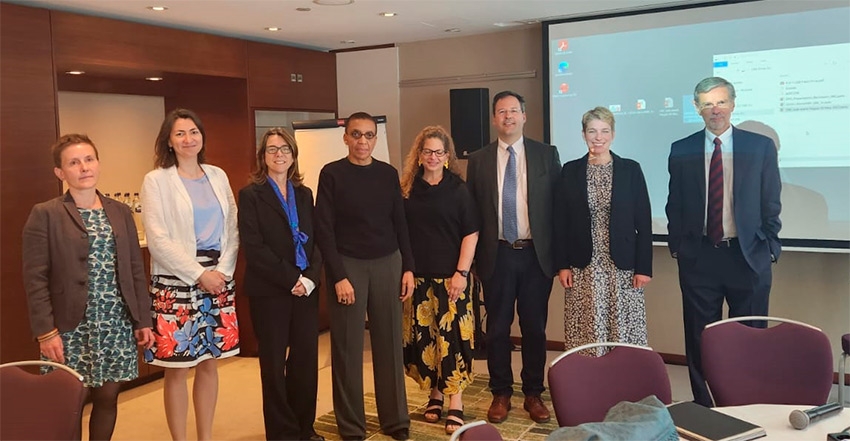
Initiatives developed by Elsevier, Royal Society of Chemistry, South Africa’s National Research Foundation and German Research Foundation were presented at event held in The Hague, Netherlands.
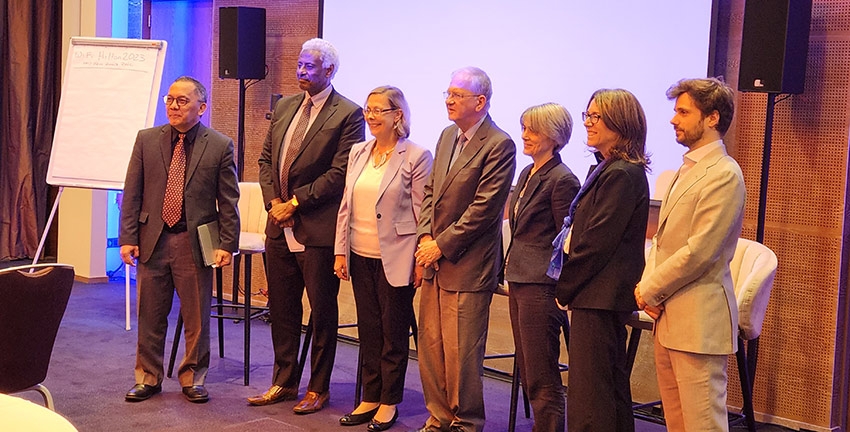
This assessment was made by participants of an event promoted on Tuesday by the Gender Working Group of the Global Research Council. One of the panelists was Marco Antonio Zago, president of FAPESP.
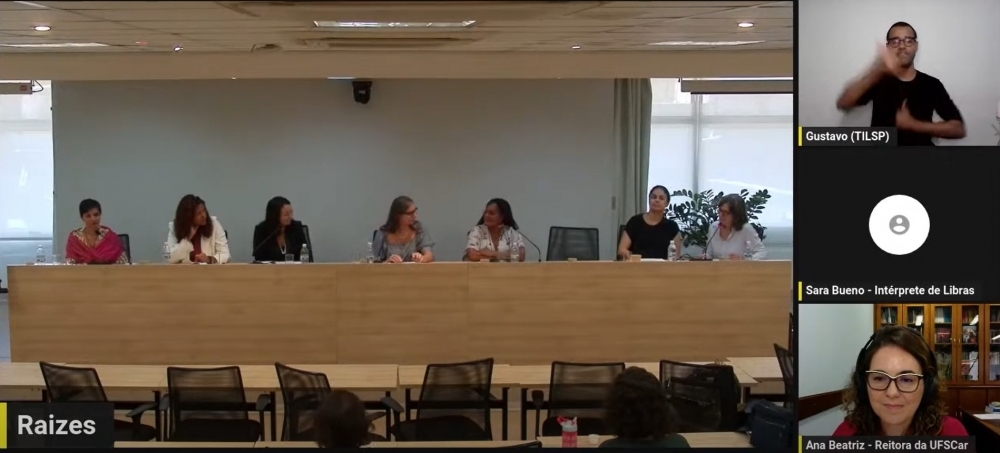
Rectors, vice-rectors, pro-rectors and heads of department at universities in São Paulo state established Rede Equidade as a force for formulating and promoting equity programs that take into account the links between gender and other differences and inequalities.
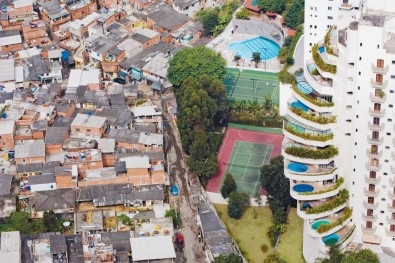
A study analyzed changes to the built environment to promote physical activity in Brazil’s largest city between 2015 and 2020, using data from online public libraries as well as the city and state governments.
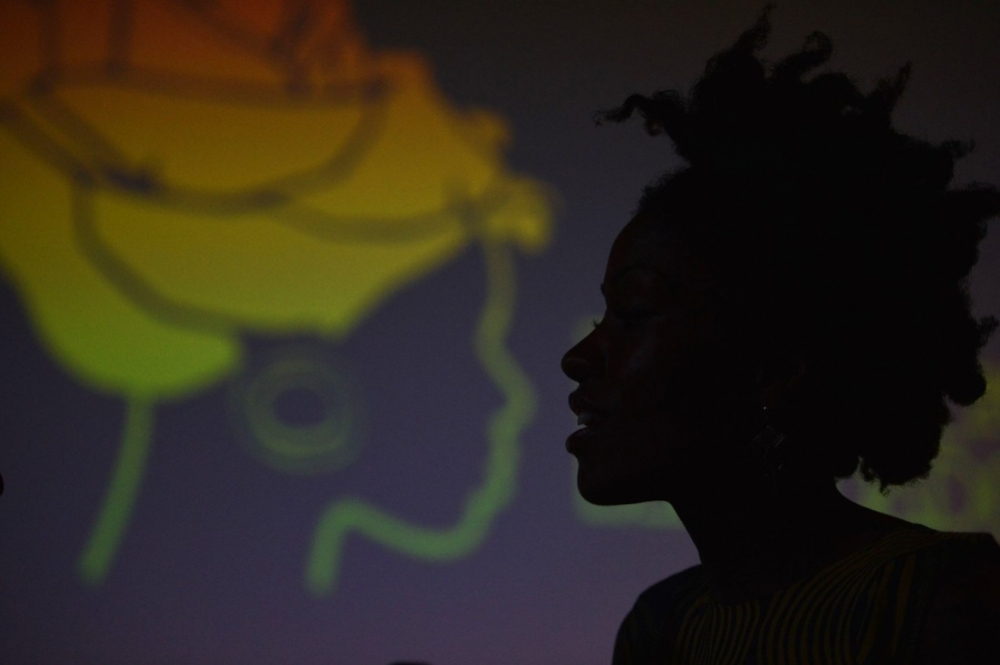
In a survey of 3,021 people conducted in a Brazilian city, the proportion was 26% higher than for white women, 19% higher than for White men and 14% higher than for Black men. The findings are reported in PLOS ONE.
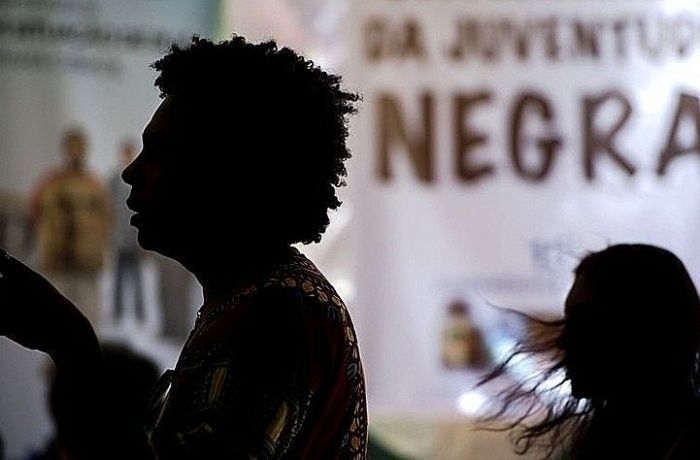
The 15th FAPESP 60 Years Conference, entitled “Research on racism and its challenges in contemporary society”, featured Eduardo Bonilla-Silva, a professor at Duke University, and Márcia Lima, a professor at the University of São Paulo.
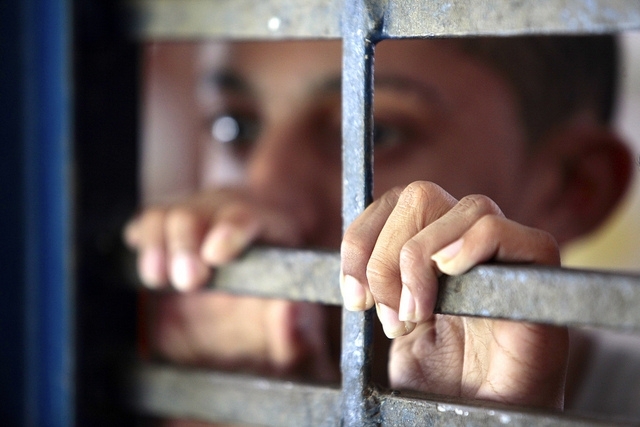
Brazilian researchers interviewed 1,905 children twice in seven years and analyzed 22 risk factors that can influence human development. An article on the study is published in Scientific Reports.
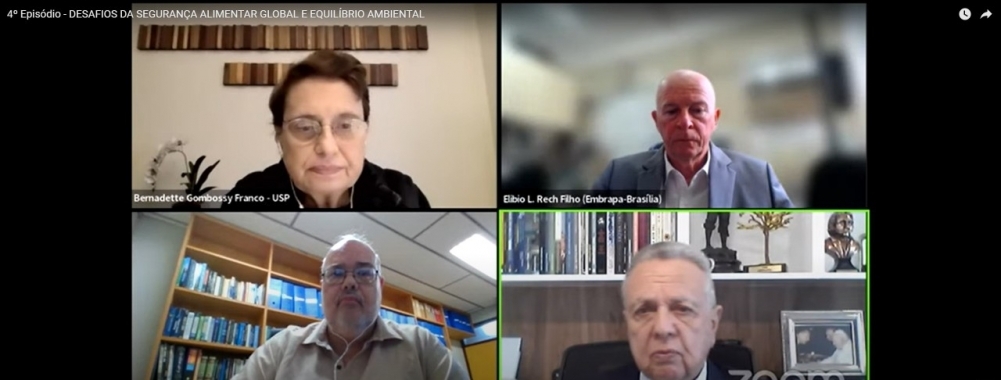
However, scientific research is essential to take innovation to the countryside and raise yields without increasing deforestation, according to the experts who participated in an online seminar organized by FAPESP and the São Paulo State Academy of Sciences.
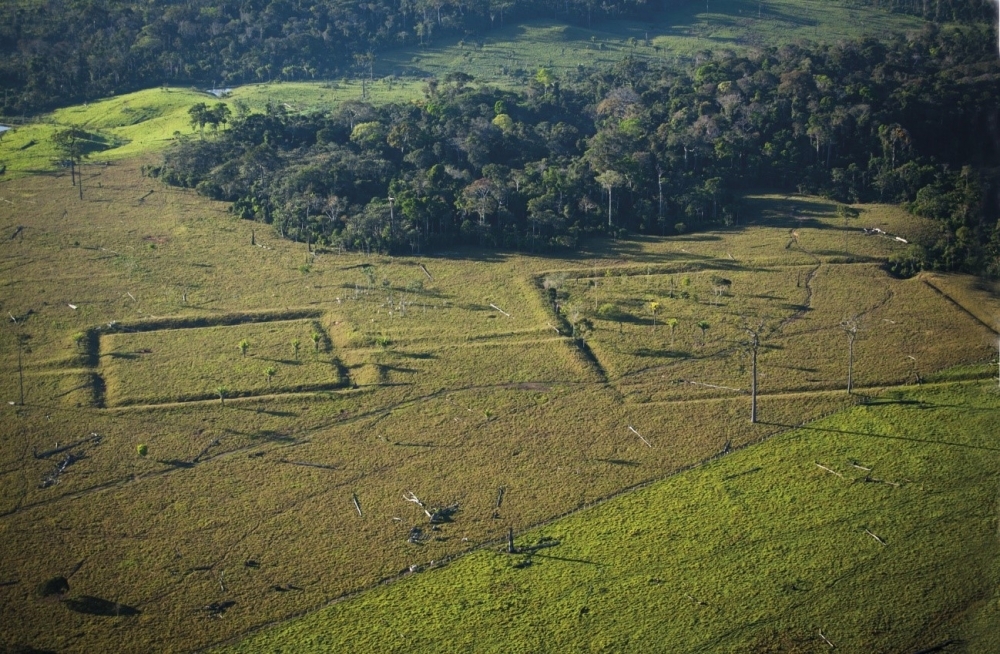
Eduardo Góes Neves, an archeologist at the University of São Paulo, sets out this and other findings of 15 years of research in a book for non-specialists.

The topic was discussed by French historian Serge Gruzinski in a lecture delivered at the FAPESP 60 Years School in Humanities, Social Sciences and Arts.

This and related issues were discussed by Martin Ravallion from Georgetown University and Marcelo Medeiros from Columbia University (USA) during the 13th FAPESP 60 Years Conference.
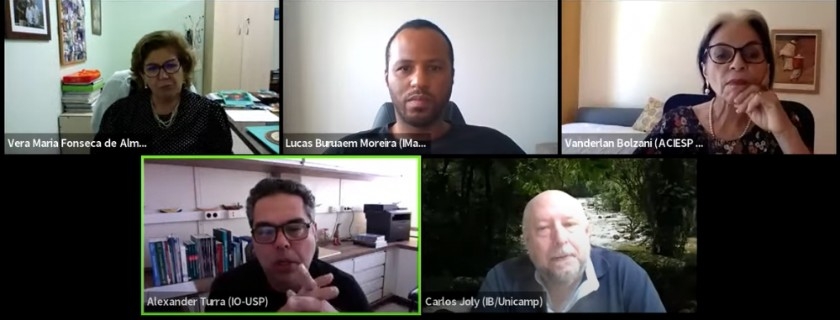
In a webinar held to present the third chapter of the book published by the São Paulo State Academy of Sciences to commemorate FAPESP’s sixtieth anniversary, specialists showed that protection of terrestrial and marine environments contributes to food production and job creation, among other benefits.
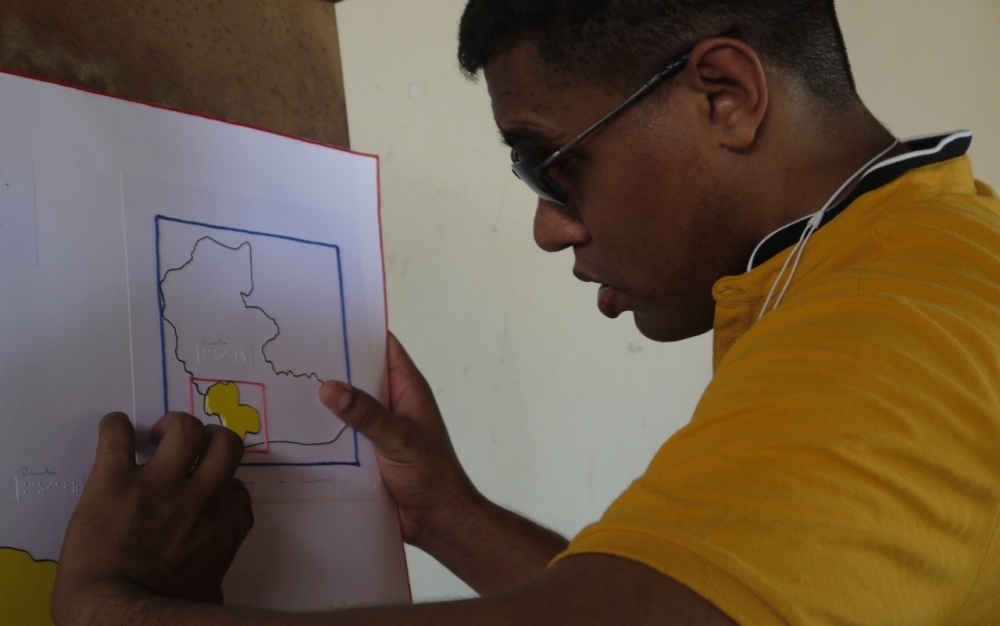
Brazilian researchers show that inclusion is necessary if disaster prevention policy is to avoid the “invisibility” of these people and reduce the barriers that intensify vulnerability.
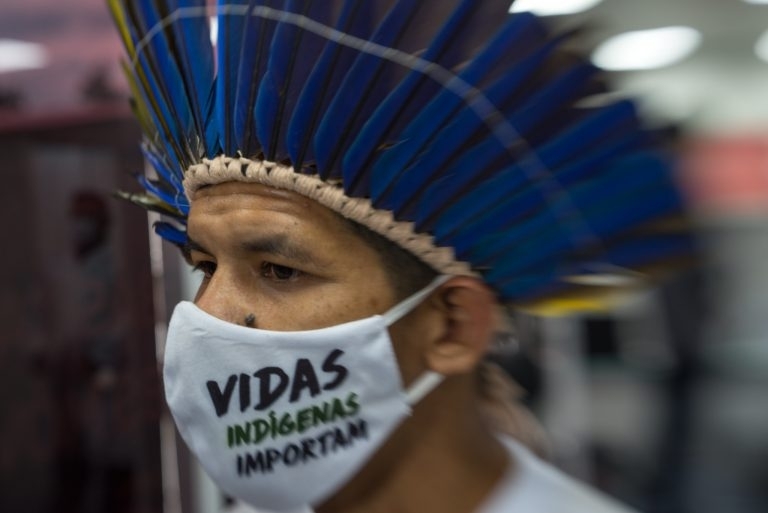
The warning came from a FAPESP-held webinar in which researchers discussed the present-day and historical factors that explain the inadequate response to the pandemic in Brazil’s North region.
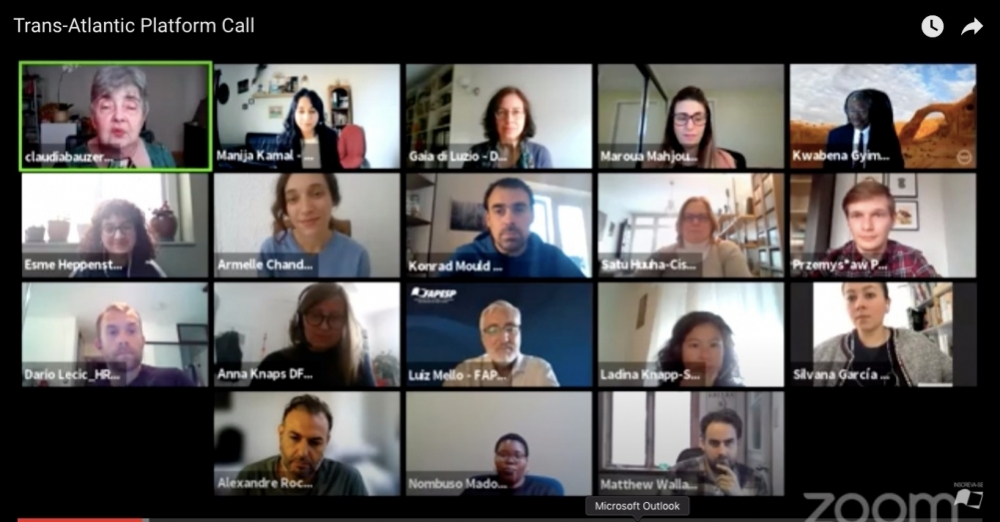
The call aims to advance knowledge of the societal effects of the COVID-19 pandemic and solutions to mitigate them. The submission deadline is July 12. Eligibility checking ends June 14.

A total of BRL 18.5 million will be allocated to funding for collaborative projects by researchers in the state of São Paulo with colleagues in other countries. Proposals must be submitted not later than July 10.
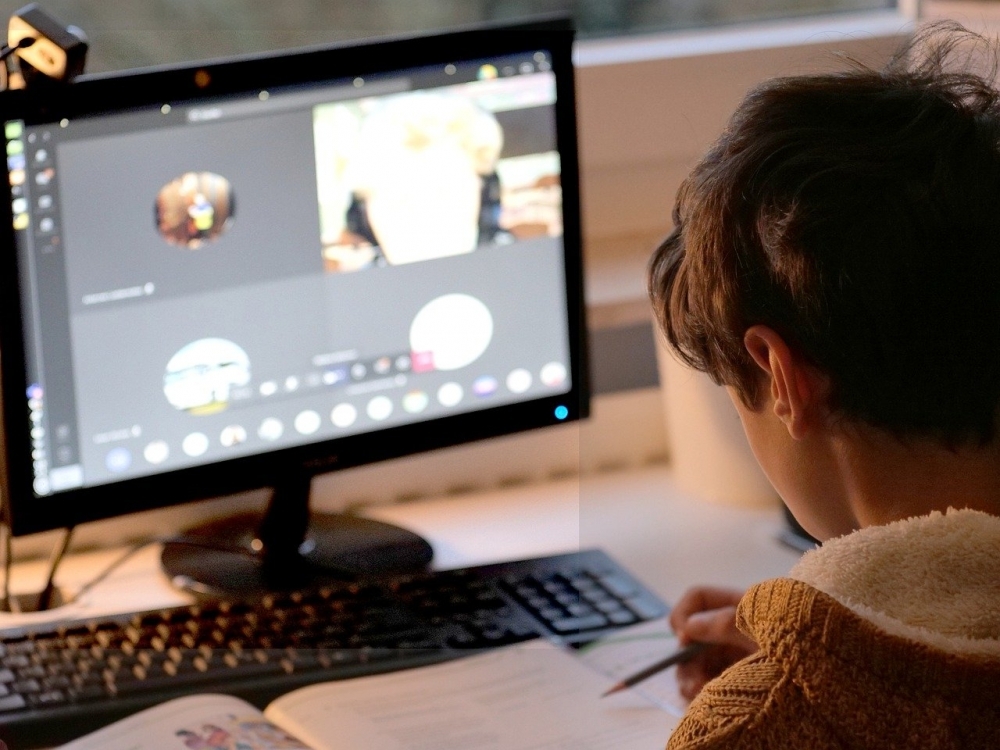
In an online seminar hosted by FAPESP, researchers from Brazil, the United States and France analyzed the impact of the pandemic on educational inequality.

The new Applied Research Center’s mission is to conduct research that can provide input for public policies. FAPESP is partnering with the Maria Cecilia Souto Vidigal Foundation and INSPER to mount the initiative.
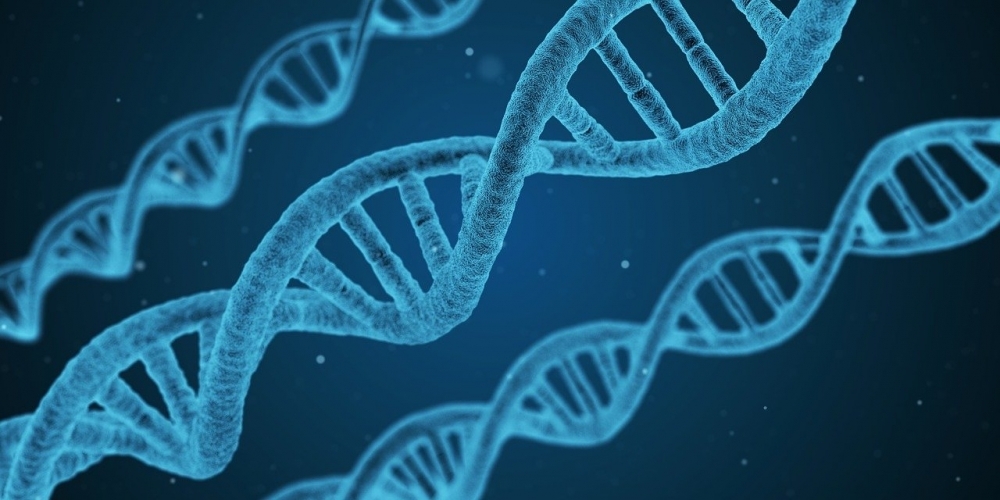
According to a study published in Frontiers in Immunology, the reason is their genetic heterogeneity and lack of proportional representation in the Brazilian bone marrow bank.
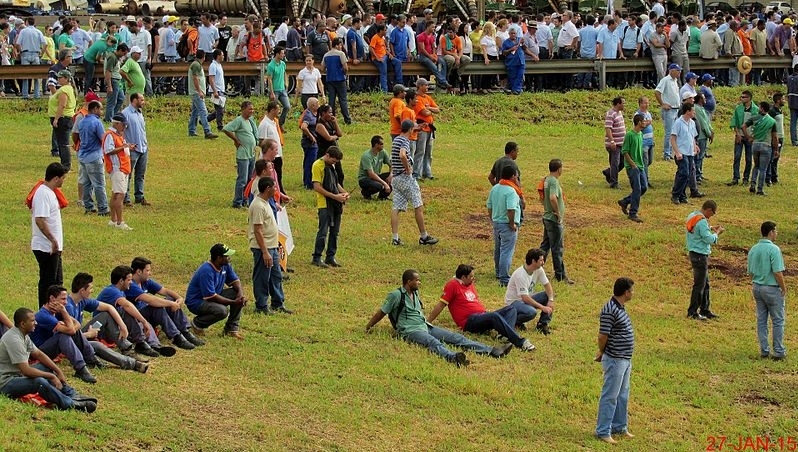
Black people and women are worst-off – blacks because they mainly work in the informal sector and women because they are mainly considered non-essential workers.
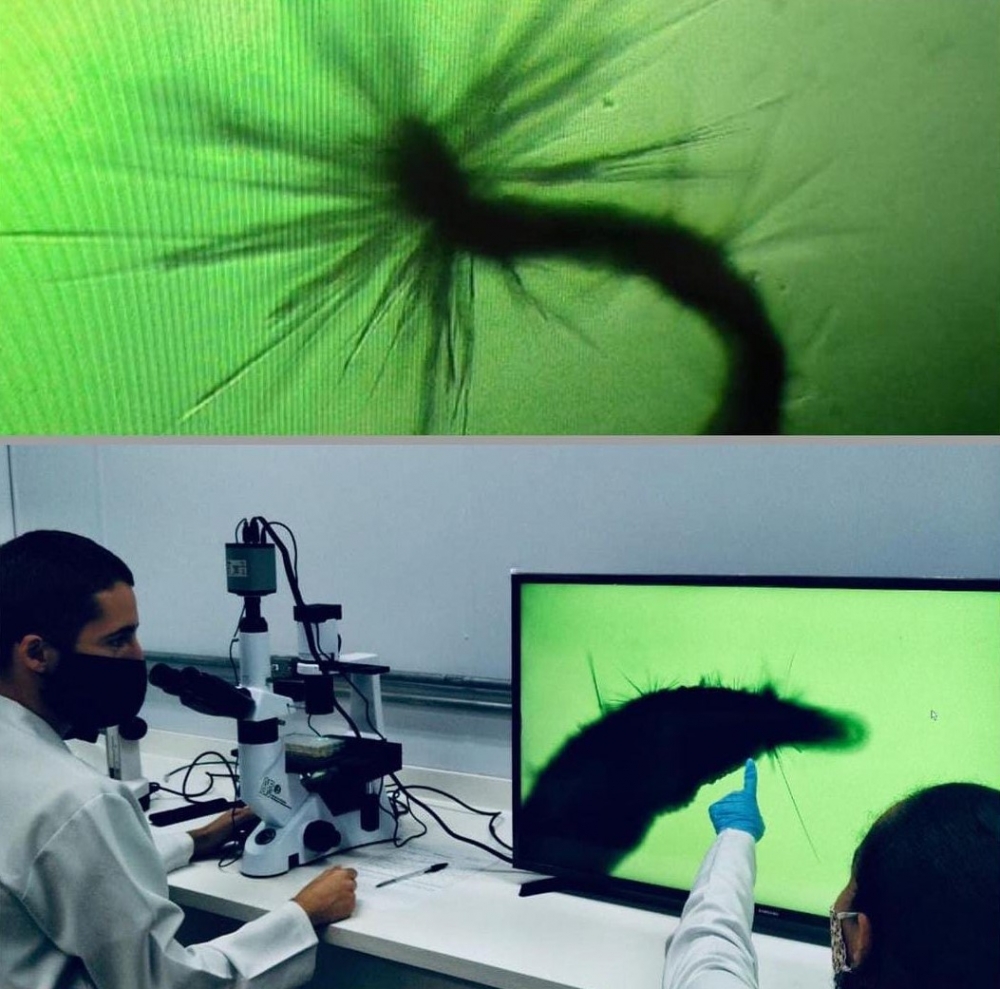
In vitro studies and experiments with mice show that the natural extract was more effective than the only drug available to combat this parasitic disease.
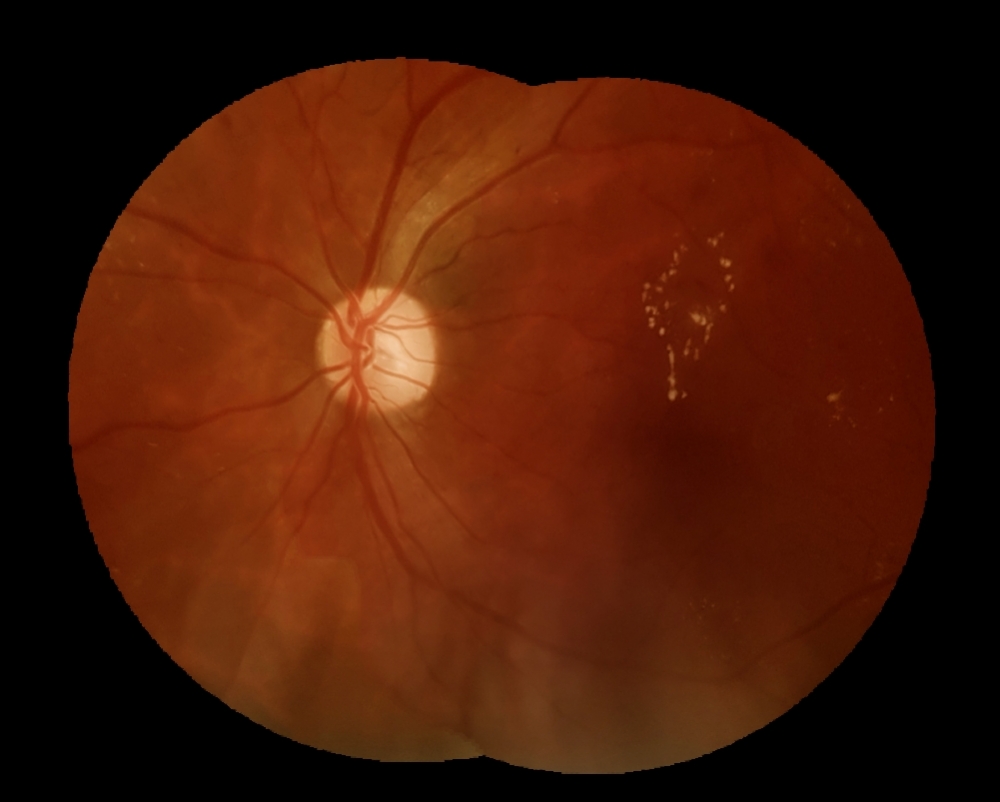
Researchers examine retinas and find high prevalence of type 2 diabetes as well as ocular problems caused by the disease.
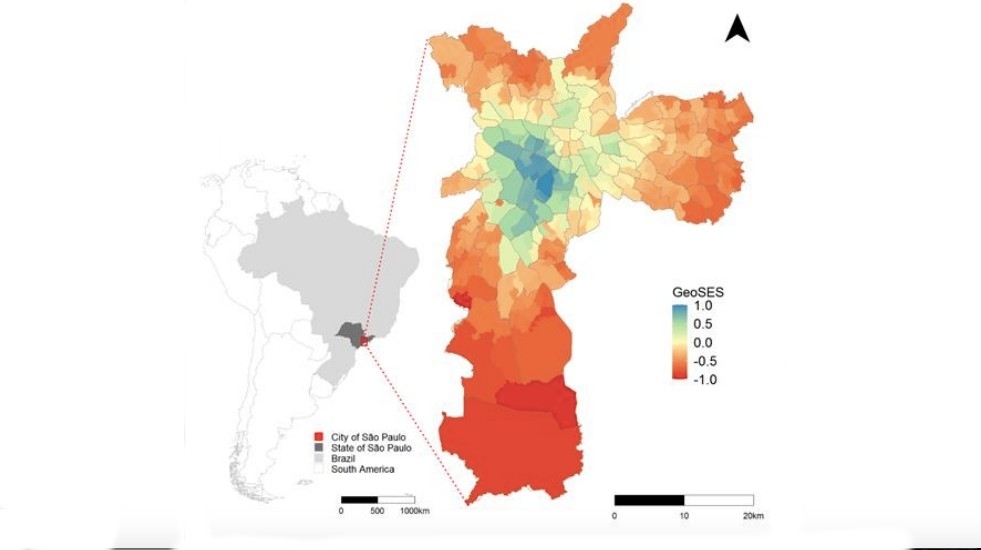
Study correlated confirmed and suspected COVID-19 deaths in the city of São Paulo between March and June with socio-economic data on area in which deceased patients lived, showing that such deaths peaked in mid-May.
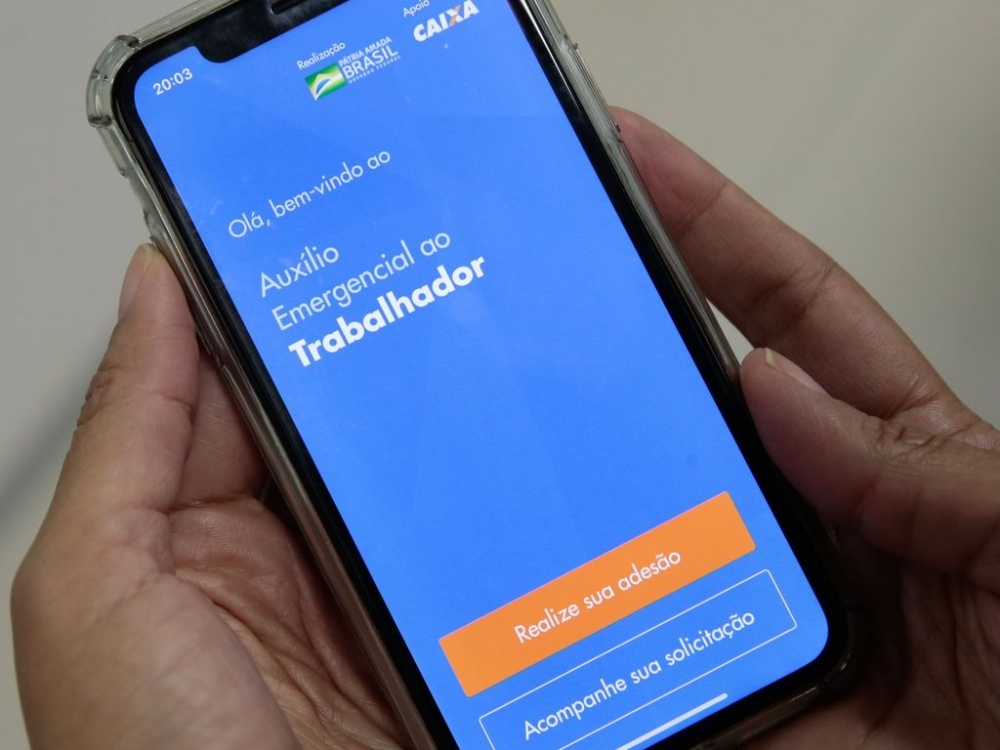
Economists who took part in a webinar organized by FAPESP to discuss options for the post-pandemic economic recovery said this is the right time to implement broad basic income policies.